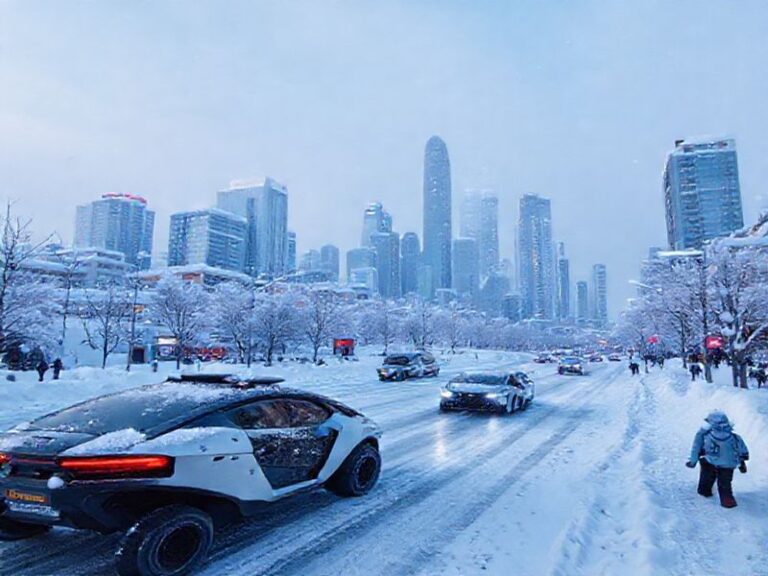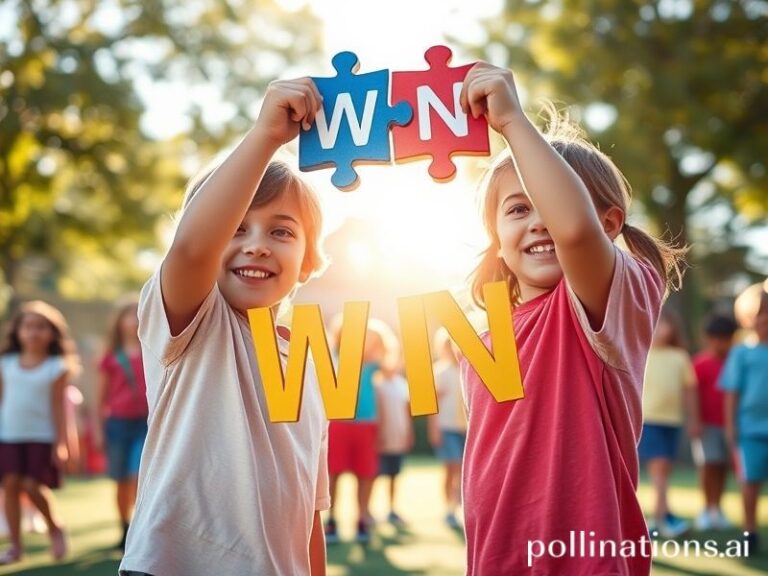Global Brewers: The Accidental Diplomats Bottling Human Nature One Pint at a Time
**Fermenting the World: Brewers as Accidental Diplomats in an Age of Frothy Uncertainty**
In the grand theater of global geopolitics, where nations trade barbs over steel tariffs and nuclear arsenals, it turns out the real power brokers wear rubber boots and smell faintly of malt. While diplomats sip tepid conference coffee, the world’s brewers have become our unlikely ambassadors of liquid détente, proving that humanity’s capacity for getting along improves dramatically after two pints of something hoppy.
Consider the Belgian monks at Westvleteren, who’ve spent 900 years perfecting the art of brewing while accidentally creating a black market that makes Pablo Escobar’s operation look amateur. Their Trappist beer sells for €85 per six-pack on eBay, which seems steep until you realize it’s cheaper than therapy and arguably more effective at addressing the human condition.
Meanwhile, in Japan, Hitachino’s brewers have weaponized rice-based lagers as cultural Trojan horses, sneaking umami into unsuspecting Western palates one salaryman at a time. The irony isn’t lost on anyone that a nation once stereotyped for sake now produces beers that make Germans question their entire cultural identity. Speaking of which, Germany’s Reinheitsgebot—literally “beer purity law”—has become Europe’s most successful soft power export since colonialism, proving that you can indeed rule the world through bureaucracy and barley.
The craft beer revolution has turned every gentrifying neighborhood from Brooklyn to Bangalore into a carbon-copy paradise of Edison bulbs and distressed wood. In Mexico City, hipsters queue for barrel-aged mezcal stouts while their grandparents clutch Modelo like life rafts. In Nairobi, Brew Bistro’s “Tusker meets IPA” experiments have created a generation of Kenyans who can discuss mouthfeel with the authority of a Napa sommelier.
But let’s not romanticize this too much. Behind every small-batch brewery’s Instagram-friendly origin story lies the same venture capital spreadsheet that brought us oat milk and WeWork. The global beer industry’s $623 billion valuation rests on convincing 30-somethings that paying $14 for a sour beer that tastes like regret and passionfruit is somehow revolutionary.
The real revolution might be happening in places you’d least expect. In Saudi Arabia, where alcohol remains haram, non-alcoholic breweries are booming—a $7 billion market that proves humans will literally pay premium prices for the placebo effect of beer. The irony of Saudis becoming connoisseurs of something they can’t legally enjoy seems almost poetically human.
Climate change has turned brewers into reluctant environmentalists, as hops farmers from Washington State to Tasmania watch their crops migrate northward like well-lubricated refugees. Water shortages have forced breweries from Cape Town to California to confront the uncomfortable truth that making beer might be slightly less important than drinking actual water. Some have responded by creating “toilet-to-tap” brews, because nothing says “sustainability” quite like literally recycling human waste into your IPA.
In China, Tsingtao’s state-owned breweries have become instruments of Belt and Road diplomacy, offering “friendship beers” to African leaders while infrastructure deals are signed over lukewarm lagers. The soft power of shared intoxication transcends language barriers, though the hangovers remain universally comprehensible.
As we stumble toward whatever passes for civilization these days, brewers have become our accidental historians, capturing the essence of place and time in amber liquids. When future archaeologists excavate our ruins, they’ll find bottle caps and wonder what strange rituals we performed around these vessels of fermented grain. The answer, of course, is the same one we’ve always had: trying to make sense of a world that makes increasingly less sense, one pint at a time.
In the end, brewers aren’t just making beer; they’re bottling the human condition. And given the state of that condition, we probably need another round.







